‘Sexual intercourse began / In nineteen sixty-three,’ Philip Larkin famously announced in his poem ‘Annus Mirabilis’, ‘Between the end of the Chatterley ban / And the Beatles’ first LP.’ But the key line is a far more private confession, caught in parentheses like a gloomy thought bubble: ‘(which was rather late for me)’. Few of Larkin’s contemporaries would have been more sympathetic than Alan Bennett. In 1963 he was appearing on Broadway in Beyond the Fringe, the hit satirical revue that also featured Peter Cook, Dudley Moore and Jonathan Miller; and while this led to him rubbing shoulders with the stars (the first- night audience included Rita Hayworth and Stravinsky, and after another show President Kennedy popped backstage to say hello), he doesn’t seem to have gone much further with anyone else. He was simply too shy: happy to pretend to be someone else on stage (T. S. Eliot especially enjoyed his spoof sermon ‘Take a Pew’), but rather less good at being himself. Instead he hid behind a thick pair of glasses and a neat haircut. While the others clearly enjoyed performing, Bennett’s contributions might just as well have been entitled ‘Behind the Fringe’.
These days he lives in Primrose Hill with his long-term partner Rupert Thomas, the editor of World of Interiors magazine, but otherwise little seems to have changed. He still views himself as ‘a connoisseur of embarrassment’, and in 2015 he finds himself complimenting a chauffeur
on his courteous driving but not (the subtext) on his eyelashes, though it’s something at 81 I’m probably allowed to do. No danger. Not that I ever have been.
Even the front cover of this book (which is a collection of his diaries and other pieces written over the past 20 years) plays up to his public image as a mild-mannered innocent. This is Alan Bennett the national treasure: the comedian who is adored by Middle England because he makes them think, but not too hard. And it drives him mad. In one diary entry he explains that he has ‘banged on this year rather more than usual’, but doubts that it will make any difference. ‘I shall still be thought to be kindly, cosy and essentially harmless,’ he notes sadly. ‘I am in the pigeon-hole marked “no threat” and did I stab Judi Dench with a pitchfork I should still be a teddy bear.’
On the evidence of these diaries, earlier versions of which were published in the London Review of Books between 2005 and 2015, the truth is rather different. If Bennett is a teddy bear he has unexpectedly sharp claws, and clearly enjoys skewering his targets with a single pointed phrase:
W.H. Auden had a ‘harsh, quacking’ voice; Andy Murray is ‘a triumph of grit over grace’; closing libraries is ‘child abuse’ and modern architecture is ‘the bulldozer’s friend’; as for people who steal from churches, ‘I’d feel like nailing them to the church door.’ That’s hardly cuddly behaviour.
He has a particular loathing for hypocrisy, which is like a nasty parody of everything he values as a writer (if comedy is based on incongruity, hypocrisy is incongruity that has been drained of humour), and that makes him deeply suspicious of politicians, who are skilled at saying one thing while meaning something else. Margaret Thatcher (a ‘mirthless bully’ who should have been buried ‘in the depths of the night’) and David Cameron (a ‘liar’ and ‘coward’) attract his particular ire; and although he has a soft spot for Jeremy Corbyn, you feel that he’d be perfectly content if the rest of them could be bundled into a large sack and dropped into the Thames.
But it is not only Bennett’s claws that are sharp. So are his eyes. He has always been a fine observer of life’s accidental comedy, and his diaries are crammed with joyous examples. In Gothenburg’s Design Museum he finds himself sitting next to a fire point labelled ‘AB SKUMM’. Later, rehearsing The History Boys at the National Theatre, he spends a long time with the cast choosing exactly the right sound effect for a ‘smothered fart’ on an upholstered chair, and when he escapes to Suffolk he is cornered by an old man who shakes his hand so firmly ‘it’s like being caught in a mangle’. ‘ “Say something whimsical,” he commands.’
He also has a talent for crisp one-liners, and while some of these are jokes (rich Arab wives, he quips, like to buy from top fashion designers such as ‘Yves Saint Laurent of Arabia’) others work more like little imagist poems: the stones on top of a wall are lightly furred with frost ‘like the ears of a rabbit’; a heron takes off ‘like a half-folded grey umbrella’, and flies as if ‘never quite knowing what to do with its legs’. And throughout he includes anecdotes about famous people — Elizabeth Taylor sitting in his lap, or E.M. Forster bumping into him — while sounding almost apologetic that he happened to be in the right place at the right time. Whereas other diarists drop names, he places them on the page like someone drawing up the guest list for a party to which he hasn’t been properly invited.
Actually, in some ways these aren’t really diaries at all, because although Bennett describes the events of his day-to-day life, they usually act as the triggers for far longer recoils of memory. Repeatedly he finds himself returning to key scenes from his past, such as his early encounters with confident public schoolboys at Oxford, for whom ‘Culture was not something that had to be acquired but could just be put on like an old coat hanging in the hall’.
None of this will surprise regular readers of Bennett’s writing; nor will the many references to his mother (‘Mam’), who has always been something of a muse for her son, with her talent for dismantling clichés and looking at life with a comic squint. Even now, he remembers her saying that a poor cup of tea was ‘like octopus pee’, and the trouble with being bald was that ‘You’d never know where to stop washing your face’.
One of the most fascinating aspects of this anthology, which includes two unpublished plays alongside an assortment of shorter pieces (forewords, eulogies and a celebration of the National Theatre’s 50th birthday), is the opportunity it gives to trace ideas that arch across Bennett’s career. Some of these are just small imaginative tics. For example, his father was a butcher, and fragments of that part of his childhood often drift into his writing, from quick comparisons (‘architects are butchers’, he claims, while there is also ‘something of the abattoir’ about architectural salvage yards) to whole dramatic scenes (the unpublished screenplay Denmark Hill, which centres on murderous intrigues at an art auction house, incongruously manages to squeeze in a scene set in an abattoir). There are also seeds that he plants in one piece of writing only to see them sprout elsewhere, such as a 2005 diary entry about visiting a National Trust property that later became the 2012 play People. And throughout there is his fascination with performance — presumably because, for a shy person, writing a play is an ideal way of showing off while remaining safely hidden behind the scenes.
Altogether this adds up to a chunky volume of some 700 pages, and although Bennett claims that he is ‘truly ashamed to have written so much’, everyone else should be grateful for a collection that confirms his reputation as one of the sharpest and funniest writers in the English language. Not that Bennett himself would agree. Despite all evidence to the contrary, he still seems to view himself as no more than a literary Prufrock, ‘one that will do / To swell a progress, start a scene or two’, rather than the hero in the spotlight. (Prufrock: ‘They will say: “But how his arms and legs are thin!”’; Bennett: ‘My arms were always too thin.’)
And so he keeps on writing, driven on by childhood memories like the Big Dipper at Morecambe, ‘when towards the end of the ride there were no more climbs and falls, the screams and suspense over and just the gentle coasting home’.
The post Behind the fringe appeared first on The Spectator.
Got something to add? Join the discussion and comment below.
Get 10 issues for just $10
Subscribe to The Spectator Australia today for the next 10 magazine issues, plus full online access, for just $10.
You might disagree with half of it, but you’ll enjoy reading all of it. Try your first month for free, then just $2 a week for the remainder of your first year.

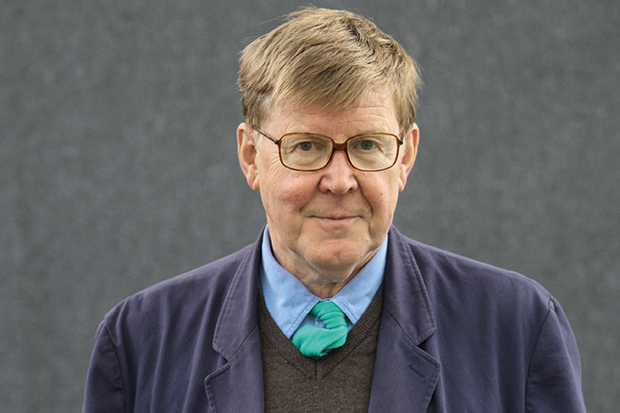
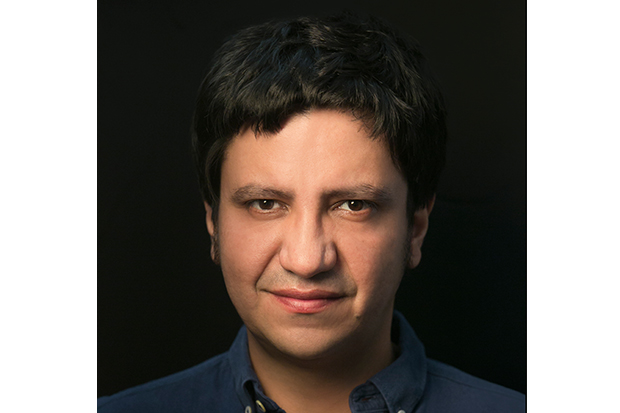
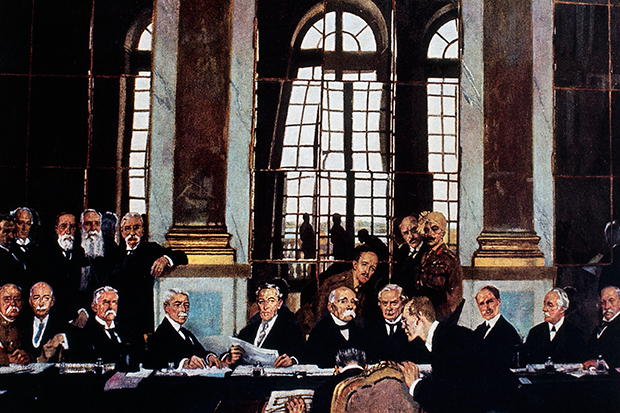
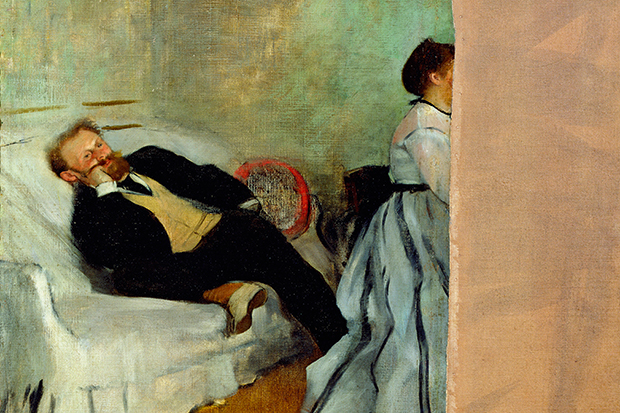
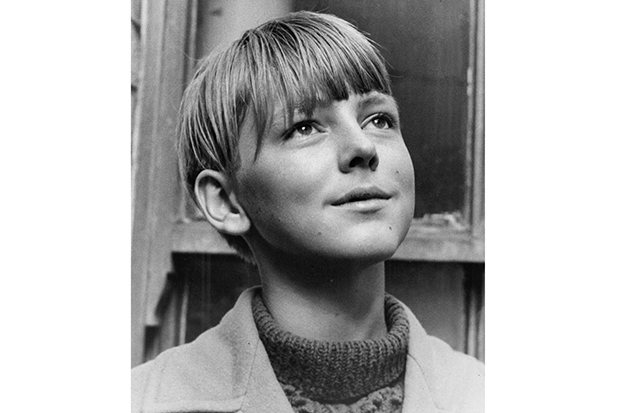
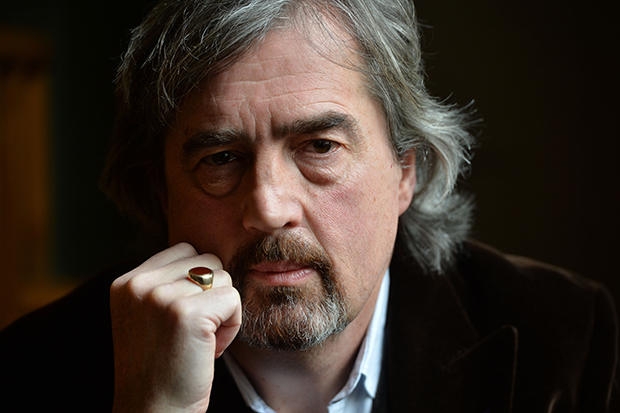







Comments
Don't miss out
Join the conversation with other Spectator Australia readers. Subscribe to leave a comment.
SUBSCRIBEAlready a subscriber? Log in